As healthcare continues to evolve in the digital age, the integration of technology has become crucial for streamlining processes and improving patient care. One of the most important innovations in this field is the Electronic Health Record (EHR) system. But what exactly does EHR have to do with medical billing? And why should healthcare providers and billing professionals care about this integration? In this post, we will explore how EHR and medical billing work together, the benefits they provide, and why incorporating an EHR system into your billing process can be a game-changer for your practice.
What is EHR (Electronic Health Record) in Medical Billing?
EHR, or Electronic Health Record, refers to a system that stores patient information electronically, replacing traditional paper records. This digital format allows healthcare providers to manage a patient’s health history, treatment plans, test results, and other clinical data with greater ease and efficiency. When combined with medical billing, EHR systems can streamline many aspects of the revenue cycle management, ensuring accuracy and reducing administrative burdens.
In medical billing, EHR plays a key role in ensuring that the billing process is efficient and accurate. By utilizing electronic health records, medical billing professionals can easily access a patient’s medical history, treatment details, and diagnostic codes, which are necessary for accurate coding and billing. This integration helps reduce the chances of errors that may occur when relying on paper records and manual data entry.
The Relationship Between EHR and Medical Billing
To understand how EHR impacts medical billing, it’s important to first examine the key features of both systems. An EHR system typically includes patient information such as medical history, allergies, medications, immunizations, and lab results. This data is crucial for medical billing because healthcare providers need accurate information about the services rendered in order to submit correct claims to insurance companies.
Medical billing, on the other hand, involves the process of translating a patient’s medical treatment into standardized codes that insurance companies use to determine reimbursement. By using an EHR system, healthcare providers and medical billers can directly access the necessary data to complete this process more efficiently. It helps ensure that the correct codes are assigned to services rendered, which ultimately reduces claim denials and speeds up reimbursement.
Moreover, EHR software can be integrated with other practice management systems, such as scheduling software and coding systems, to create a more cohesive workflow. This integration allows for real-time updates to billing data and makes it easier to track the progress of claims.
Key Benefits of Using EHR in Medical Billing
The integration of EHR in the medical billing process brings a wide range of advantages. Let’s explore some of the key benefits of EHR systems:
- Improved Accuracy: With all patient information stored in a centralized electronic format, the chances of errors in billing codes and patient data are significantly reduced. This improves the accuracy of claims and minimizes costly mistakes, such as submitting incorrect codes that lead to claim denials.
- Faster Billing Cycles: When patient information is easily accessible through an electronic health record system, medical billers can process claims more quickly. This speeds up the billing cycle and ensures that healthcare providers receive timely reimbursements for their services.
- Enhanced Revenue Cycle Management: EHR systems can be integrated with medical billing systems, creating a seamless process from patient intake to claim submission. This integration ensures that billing and coding are done accurately and efficiently, which contributes to better overall revenue cycle management.
- Reduced Administrative Costs: By digitizing patient records and automating billing tasks, EHR reduces the need for manual data entry and paperwork. This helps healthcare organizations save on administrative costs and allocate resources more effectively.
- Increased Transparency: With EHR data readily available, patients can easily access their own medical information, allowing for more transparent communication between healthcare providers and patients. This also aids in billing, as patients can review their billing statements and medical records to ensure accuracy.
The Role of Medical Coding in EHR-Based Billing
Medical coding is an essential component of the medical billing process. Coding involves the assignment of standardized codes to medical diagnoses, procedures, and services. These codes are then used to create claims for insurance reimbursement. For billing professionals, ensuring the accuracy of codes is paramount to avoid delays or denials.
With the integration of EHR and medical coding software, the coding process becomes more efficient. When healthcare providers document patient visits in the EHR, the system can automatically suggest relevant codes based on the information entered. This reduces the time spent manually searching for the correct codes and minimizes the risk of errors.
Furthermore, many EHR systems offer features such as billing and coding reports, which help medical billers monitor claim statuses and track any issues that need attention. This integration allows healthcare providers to stay on top of their billing processes, ensuring that claims are processed quickly and efficiently.
Types of EHR Systems Used in Medical Billing
There are various types of EHR systems available for healthcare providers, and choosing the right one for your practice is crucial. Some of the most popular types of EHR systems used in medical billing include:
- Cloud-Based EHR Systems: These systems store patient data on the cloud, allowing healthcare providers to access records from anywhere with an internet connection. Cloud-based systems are often more affordable and flexible than traditional on-premise systems, making them a popular choice for smaller practices.
- Integrated EHR Systems: These systems offer seamless integration with other practice management tools, such as billing software and scheduling platforms. This integration helps streamline the entire workflow, from patient intake to claim submission, ensuring a more efficient billing process.
- Stand-Alone EHR Systems: Some healthcare providers prefer stand-alone electronic health record systems that focus solely on patient data management. While these systems may not offer the same level of integration as other EHR solutions, they can still be used effectively in medical billing when paired with compatible billing software.
- Specialty-Specific EHR Systems: For practices that specialize in certain fields of medicine, there are EHR systems tailored to the unique needs of those specialties. These systems often include specialized coding options, templates, and workflows that cater to specific medical disciplines.
EHR vs. EMR: What’s the Difference?
While both EHR and EMR (Electronic Medical Record) refer to digital records of patient information, there are important differences between the two systems. EMR typically refers to a digital version of the paper chart used by healthcare providers within a single practice or healthcare facility. It’s mainly used for managing patient information and tracking treatments within that specific location.
On the other hand, an EHR system is designed to share patient data across different healthcare providers and facilities. EHRs allow for a more comprehensive view of a patient’s medical history, making them a more powerful tool for improving patient care and streamlining medical billing. This ability to share information across multiple systems makes EHRs more valuable in a medical billing context, as it ensures that all necessary patient data is accessible for accurate coding and claim submission.
FAQ: Common Questions About EHR in Medical Billing
1. What is the difference between EHR and EMR in medical billing?
While EHR and EMR are similar, EHR systems are designed to be shared across multiple healthcare providers and locations, whereas EMR systems are typically used within a single healthcare facility. In medical billing, EHRs provide a more comprehensive and accessible record of a patient’s health information, improving accuracy in the billing process.
2. How does EHR improve the revenue cycle management?
By integrating patient data with medical billing and coding systems, EHR software helps streamline the entire revenue cycle process. This leads to quicker and more accurate claim submissions, reducing the chances of claim denials and improving cash flow for healthcare providers.
3. Is EHR in medical billing more secure than paper records?
Yes, EHR systems are designed with enhanced security features to protect patient data. Unlike paper records, which can be lost or damaged, EHR data is stored digitally and can be encrypted, making it more secure and easier to access by authorized personnel.
4. What are some of the best EHR systems for medical billing?
The best EHR systems for medical billing depend on the needs of your practice. Some top-rated EHR software solutions include NextGen EHR, Control Billing, and Cerner. It’s important to choose an EHR system that offers robust integration with billing and coding tools, as well as strong data security features.
Conclusion
Incorporating EHR in medical billing offers numerous benefits, including improved accuracy, faster billing cycles, and better revenue cycle management. By streamlining the billing process and reducing the risk of errors, EHR systems help healthcare providers get reimbursed more efficiently and reduce administrative costs. Whether you’re looking to implement a new EHR system or improve your existing processes, the key to success lies in choosing the right tools and integrating them effectively into your practice. If you’re ready to explore the best EHR solutions for your business, consider reaching out to our team at Billing Service Quotes today for help in your search for the perfect medical billing partner!



